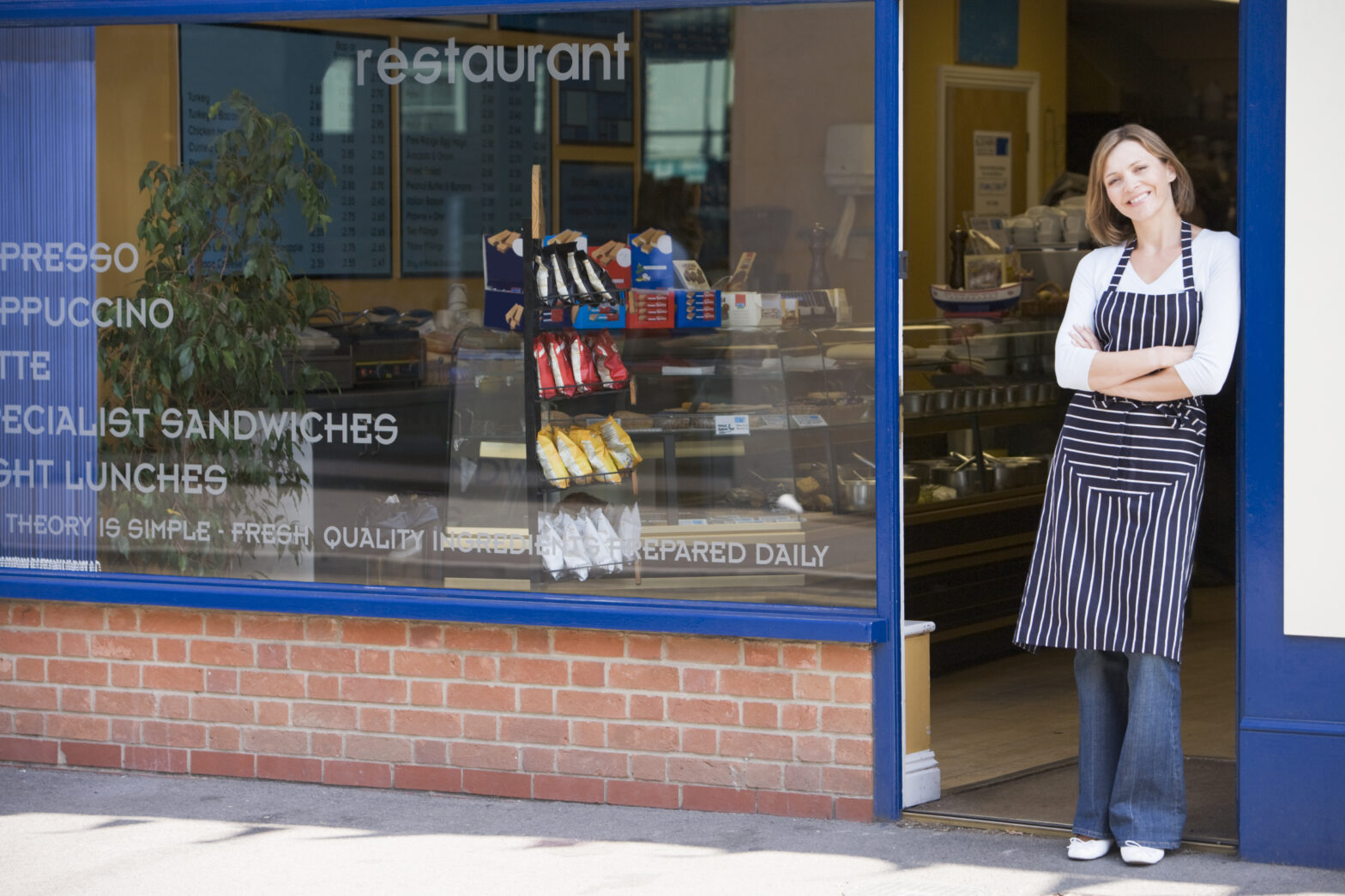Making the decision to move your small firm from home to business premises is never straightforward, particularly because finding suitable offices can be a daunting and expensive prospect. However, the right site should help you convey a positive image to your customers and suppliers, may encourage you to adopt more professional systems than working from home, could help you more easily separate your home life and work, and with any luck, will also improve productivity.
However, bear in mind that searching for premises will add to your workload, so it may be worth either getting professional property search help from an agent, or making sure your business can survive with less of your attention for a while.
Location, location, location
There are always trade-offs to be made between location and cost when looking for a site that meets the needs of your business. You will usually have to pay more for the best locations, and lower prices in an area with a lot of vacant property could mean the area is bad for business.
Ask yourself, do I need to be near my existing and potential customers? Depending on the nature of your business, this may or may not be necessary. For instance, if you are selling on the internet you may not need to be located where your core customers are often found. If, however, you rely on certain suppliers it could be beneficial to be near to them, both in terms of reduced transport costs and improved service.
Always consider your accessibility. Being close to home probably makes sense for small businesses, but think about whether your customers will be able to find you if they need to and whether any employees can travel to work easily and park nearby.
Size does matter
Be careful when deciding how much space you need, taking into account things like storage and room for meetings. As a general rule, it’s best to assume that your current growth rate will continue, so allow some room for expansion in line with what’s expected.
Also, consider layout and technical needs, such as whether you require air-conditioned offices or hi-tech security systems. You may find serviced offices more appropriate for your needs. Though more expensive, they offer flexibility and enable you to move to other units in the building as you expand, which simplifies the decision of how much space to initially take and will also reduce moving costs.
Should you rent or buy your business premises?
Buying premises is usually a long-term investment, so if you’re moving for the first time it might be better to lease or get a license. A lease is a rental agreement for several years whereas a license is a more temporary agreement.
With minimal legal fees (if any) and a small deposit to pay, a licence is usually the cheapest way to set up an office in the short term. You can usually terminate a licence with a month’s notice, but then so can your landlord! A lease will require a larger deposit but gives you more security, as leases tend to be for three to 25 years. It’s a good idea to negotiate a break clause at regular intervals, say, every five years, so that you can end the lease and not be left liable for rent when you’re no longer using the property.
Normally, the owner or the leaseholder of the property will have to pay business rates. If you rent or lease your business premises, your rent may include rates, but make sure you check. If it does, the landlord is responsible for the payments.
Related: Security for your business premises





